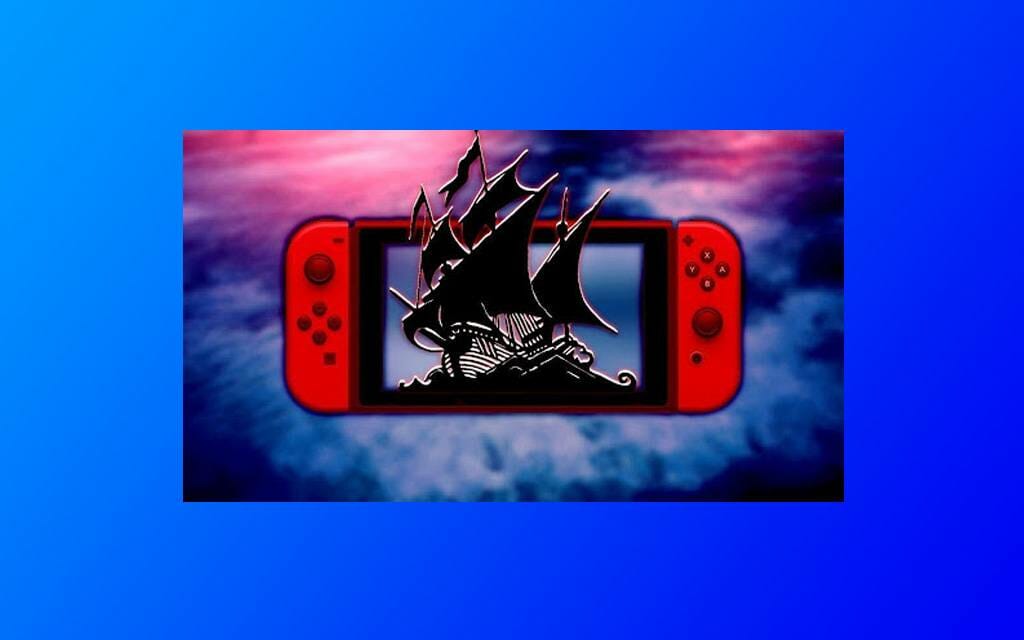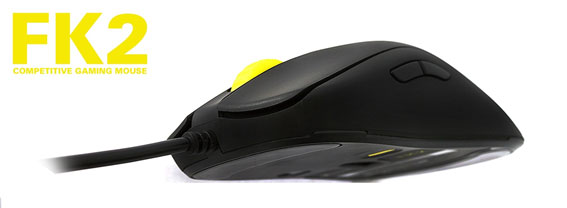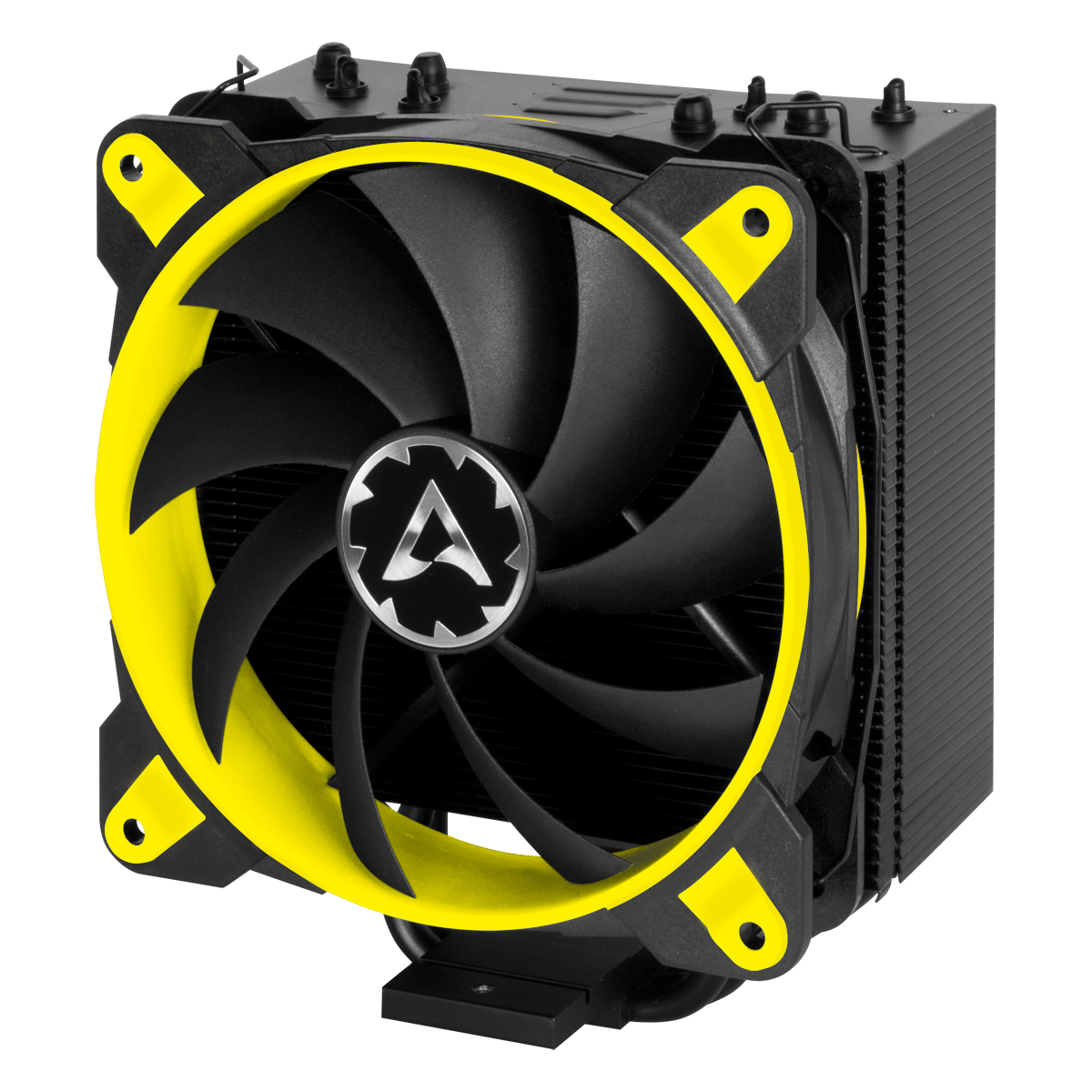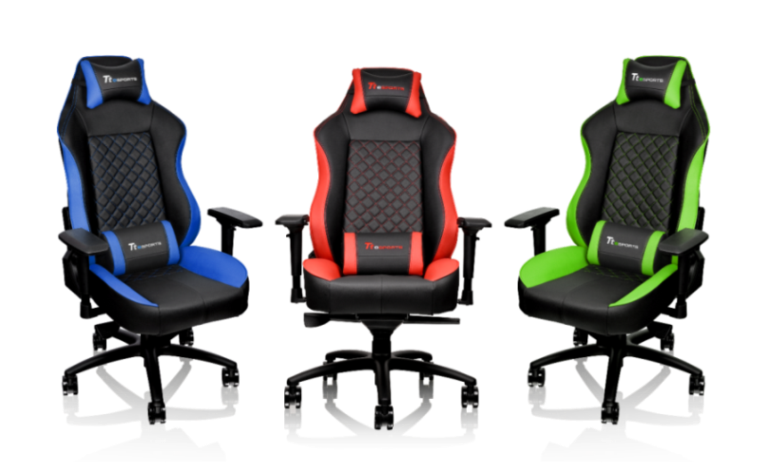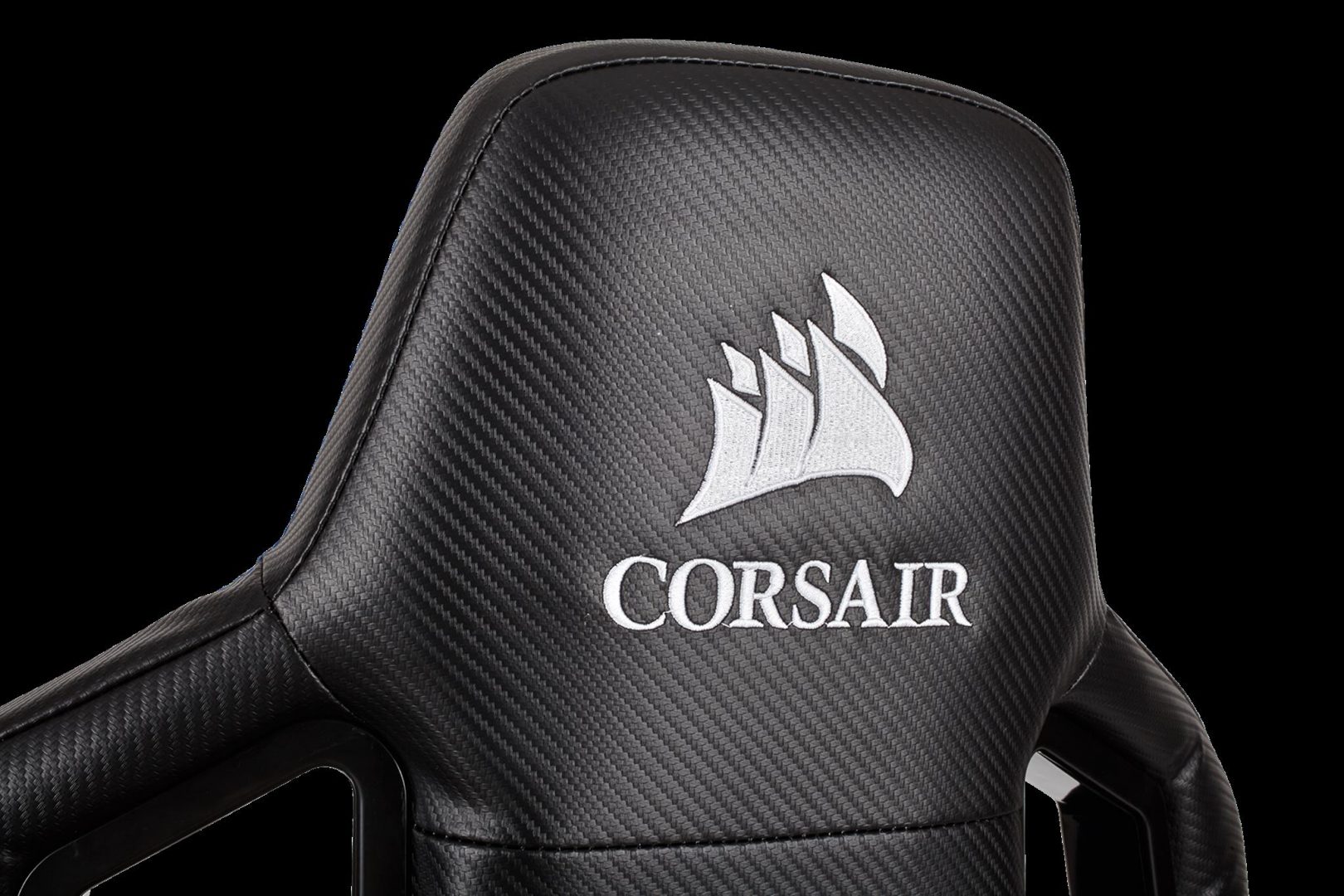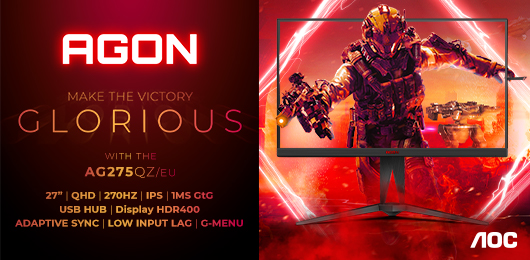Game piracy is considered a controversial and nuanced topic by many. But to video game developers and publishers, it’s a fairly cut-and-dried issue. The gaming industry loses billions of dollars to piracy every year. Though many argue these figures have to be taken with a grain of salt as many pirated downloads wouldn’t have ultimately resulted in a sale anyway.
Today, lots of retro gamers use various cheats and emulators to play the titles of yesteryears. Though game emulation is still considered a grey area, most connoisseurs of old-school games are convinced that emulators are essential tools wherewith one can commemorate the classic legacy of the gaming industry. It’s up to you to decide whether to download your favorite Super Nintendo ROMs or try to obtain pre-owned cartridges from other gamers, but you should bear that not everything that’s commonly considered piracy is indeed an instance of piracy. So, now that retrogaming is making a rapid comeback and the topic of alleged illegitimacy of emulation is raising heated debate, it would be fun to take a look at the measures game companies took to curb piracy.
Anti-Pirating Measures in Pokémon Games
One standout example of rampant piracy can be demonstrated with the Nintendo DS in 2009. It was estimated that about 20 million games were pirated in Japan that year, which resulted in almost an estimated billion dollars lost sales. And Pokémon Platinum was illegally downloaded over 2 million times just in the region. With piracy affecting their games, it’s understandable why Nintendo began implementing more anti-piracy features in their bigger titles. Pokémon Diamond, Pearl, and Platinum had almost no anti-piracy features, but Pokémon HeartGold and SoulSilver would be a turning point for the series. If the game detects that it’s running on unofficial hardware, all being played through emulation, battles will become impossible to complete. The fight will begin, but everything on screen will become static besides the players’ pokeballs, which will continuously spin. However, pirates quickly found the way around these measures, and the game now runs flawlessly via emulation.
Nintendo upped the ante again with Pokémon Black and White, which both had a special infrared communicator within them, which isn’t found in ordinary DS cartridges. The game would check the status of the infrared communicator at certain points in the game. If there was no response from the communicator, the game would assume it was an illegal copy. If the game believes it’s an illegal copy, the player’s Pokémon would stop gaining experience, limiting progression of the game. The titles would also crash at random points, during play. Cheat codes and other hacks were eventually found to enable pirated copies to function properly.
Anti-Cheats and Jet Set Willy
Some developers have a more technical approach to anti-piracy. Like most ZX Spectrum games, Jet Set Willy was stored on a cassette tape. Simply making an audio copy of a cassette allowed people to easily copy Spectrum games. But Jet Set Willy was one of the first games to come with copy protection, a card with 180 color codes on it. Although the cassette could be duplicated, a code from the card could be entered before the game began. And at the time, code color reproduction was hard to do. This made copying Jet Set Willy trickier than most Spectrum games. However, means of circumventing the card were quickly found and featured in then popular video game magazines.
Attempts to Cooperate with Pirates
Although anti-piracy features can be effective, some game makers have found success in simply asking pirates to support them. Hidden in the files of the 2D Sonic-inspired platformer Freedom Planet is a message from the characters, Lilac and Carol. The message is fully voiced in character and attempts to encourage pirates to donate to the developers’ official website. Some developers have even tried appealing to a pirate’s sense of humor. Pirating the action platformer No Time to Explain results in every character in a game wearing a pirate hat, which can’t be removed. The pirated version was released by the developers in the hopes that people would appreciate the joke and finally purchase the game.
In rare situations, developers actually condoned piracy. Thus, following the ban of Hotline Miami 2 in Australia, the developers told Australian fans to simply pirate the game if they couldn’t get hold of it. Isn’t that fun?

